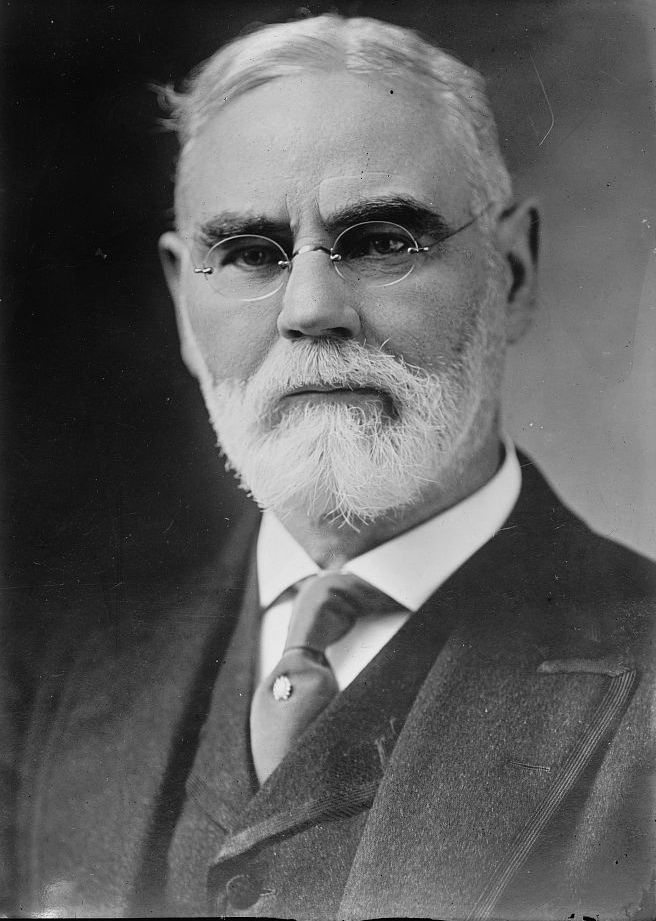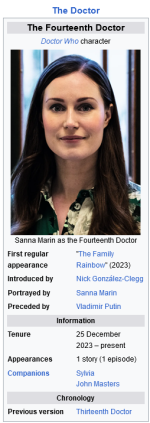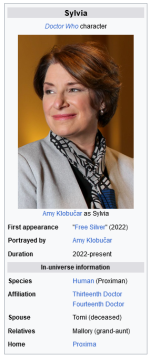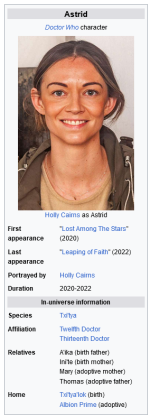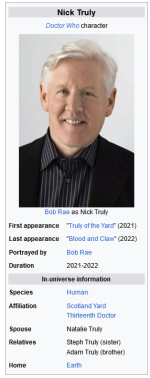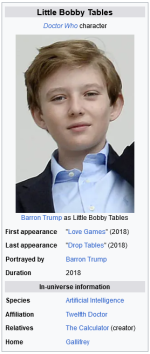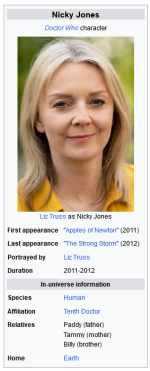This Sceptred Isle: Tsardom of Siberia
- Location
- Op een dag, Nederland.
- Pronouns
- she/her & ne/nem
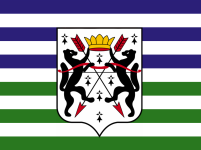
The flag of the Tsardom of Sibir ('Siberia' in Western remarks, 'Seibir' in Siberian romanisation).
The flag of the Tsardom of Sibir is one of stripes above all - three blue stripes and three green on a white banner. This symbol of Siberia dates back to the post-Conquest days (even in modern Sibir, the conquest of the Khanate is capitalised to emphasise its key importance to the identity and foundation of Sibir, and a traditional Siberian date reckoning was 'X years since the Conquest') and to the great amount of fighting necessary to establish the new boundaries of this Slavic Siberian state.
Valentyn Klymenko - remembered in Sibir as the pleasantly alliterative Valëntein Vëleikĭ, Valëntein the Great - often led his troops, and to signify his retinue was part of them, he ordered the lifting of banners of green and white. In the fighting to expand the nascent Sibir, many of the emerging elite associated it with the green and white banners, and many feudal nobles took it as a symbol of Siberian power and used it themselves in their own struggles to expand their liege's power.
So far all well and good, but then the power struggles began after Valëntein the Great perished at the ripe age of 71. Many nobles sought to expand their power at the expense of others, and all turned to the green and white banner. To distinguish himself as he cracked down on his more upstart nobles, Valëntein II - remembered unfairly in history as Valëntein Malĭ, Valëntein the Little - added a blue banner to denote that it was the tsar, not just any Siberian host. His struggle to curb noble independence would be inconclusive, but end up establishing the first of a strong Siberian tradition - the zëmstva. In exchange for more power to the tsar, the nobles secured a council of the landed interest (in Siberian, zëmstvo literally means 'land-ness') which the tsar would summon every year.
The banner of the tsar would remain blue, white and green, and just as the white and green became a symbol of Siberian power, so did the blue, white and green, but the number of banners would vary with some merely using three, and increasingly the tsar to note his power and influence used eleven - three blue, three green, five white. The Civil War of the early 19th century was not over the question of noble power, but of that of the growing belief in leiúdeistvo - which is often translated into AEnglisk as 'folkism' but misses the distinct Siberian nuances. For one, it was not a nationalist movement, but a constitutionalist one, and their main cause was not quite suffrage - although they did acquire that goal as the Civil War raged on - but local autonomy. One can explore the many causes of the Civil War, including growing leiúdeinik thought, the genetical thinning of the House of Kleimënko, the growth of a mercantile class in Turahrad and so on, but the key thing is that the conclusion was the establishment of the modern system of zëmstva, in which each village council - long an institution of Siberian life - was regarded as of the same make as the Tsar's council and officially recognised as such. This, along with the broad suffrage and the marriage of the last Kleimënko - Tsarina Alĭa - with the leader of the constitutionalists, the noble Olëxandr Volodeimeir, marked the end of the Civil War. For our purposes, namely chronicling the development of the flag of the Tsardom, it is said to be either Alĭa or Olëxandr who came up with the idea of forming a modern flag for Sibir by taking the blue-white-green which was widely used by both sides in the Civil War, and formalising it as the flag of Sibir in that of the royal eleven. Before this, it was not regarded as of importance - everyone knew the blue-white-green was Siberian anyway.
To denote the flag further, they added the coat of arms of the Tsardom to it. The coat of arms has a very long pedigree, and is one of the things that marks the unusual continuity the Tsardom has with the Khanate. The crossed arrows was noted to be a symbol regularly used by the Khan, and it was adopted as part of the growing symbols of the emerging Tsardom, with the coat of arms becoming more complex as time went by, including a bow, two martens and 'spots' of ermine denoting fur - for fur was a key Siberian export and key to the coronation robes of every Tsar. It was a natural choice to mark the stripes as 'truly' Siberian.
Last edited:



